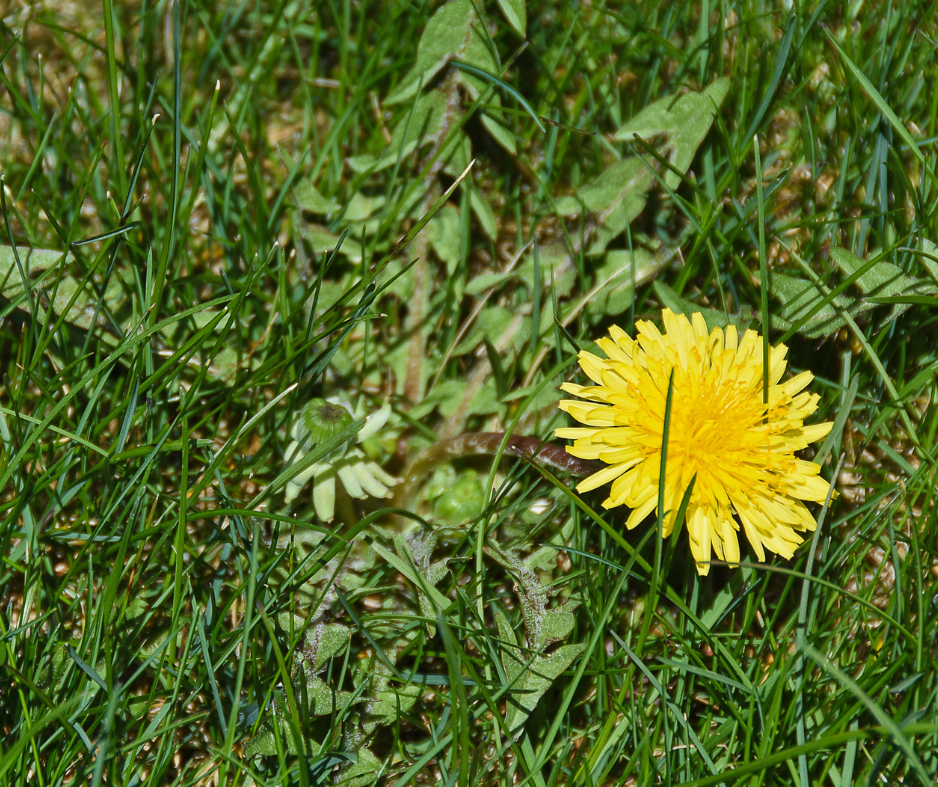What is a Broadleaf Weed?

In order to control weeds and prevent future occurrences we must first ID correctly. This will enable you to establish a management plan that will be effective and save time and money. There are many plant ID apps out there now that can help in both ID and lifecycle understanding of weeds. This will save you time and effort trying to remember everything and allow you to focus on action plans.

A broadleaved weed is a dicotyledon which means they have 2 emerging leaves at initial emergence. Their leaves generally have veins, are somewhat flat and wide and most of the time broadleaves will have an eventual flower that will go to seed.
Most common broadleaves are, dandelions, thistle, clover, chickweed, spurge and more. Broadleaves can be annual (complete lifecycle in one season), perennial (three or more growing seasons) and biennial (two or more growing seasons) like some thistle species. They become harder to control as they only develop, form seed every other year, so timing and understanding of lifecycle is crucial here. Additionally, lifecycles can be completed as a summer annual or winter annual.
Control of broadleaves is somewhat easier than grassy weeds as they have a larger leaf surface area for herbicide to contact adhere. Prevention of broadleaved seed is always best with a preemergent herbicide application and can save you a headache In-season. It is always less nice to concentrate on mowing, watering and beatification in season rather than focusing on how to fix an issues/eyesore. Many fertilizers are sold with preemergent herbicides wrapped on the fertilizer particle. Saving you the need to do multiple applications. Check the bag for active ingredient and a list of broadleaves that they control before purchase.

Post emergent herbicide applications are most common and is in part due to the lack of lifecycle understanding, reactive lawn care management and years of seed accumulation in soil. When applying a foliar post emergent, make sure best conditions are favorable for herbicide contact and intake. Meaning, the plant is actively growing, no rain in the forecast for at least 8 hours and the weed has a dry leaf. Good contact is essential for success, leaf wetness will dilute the herbicide leading to reduced application rate and effectiveness. Granular post emergent herbicides are also available and are of the systemic variety. They rely on the plant to uptake the chemical in order for it to function. Timing is essential here too as you will want to irrigate or have rainfall soon after application.
Tags
© 2023 LaPageBrands, LLC. All rights reserved.

